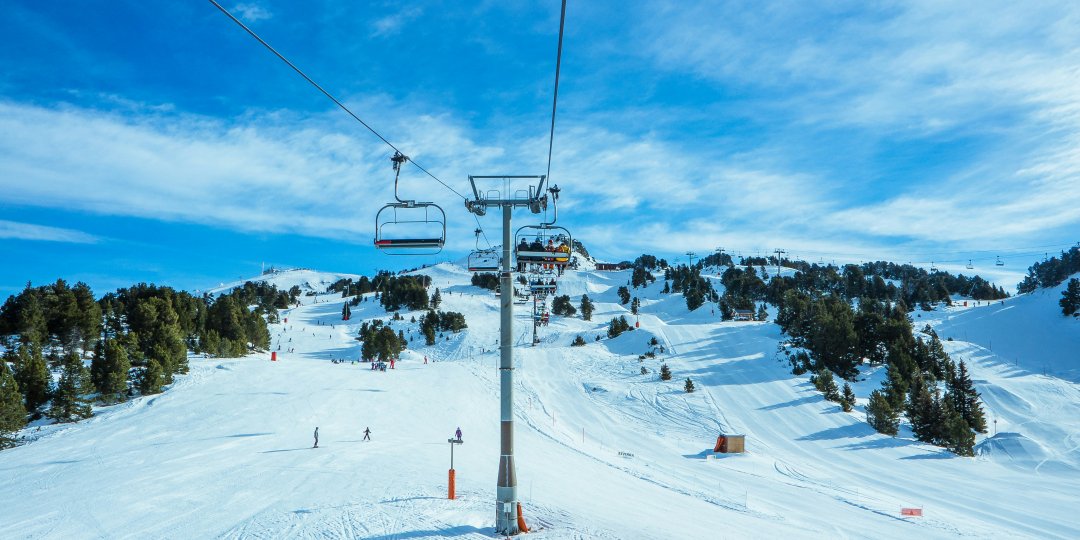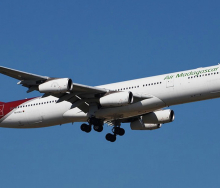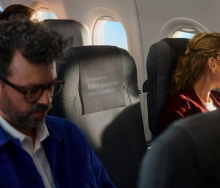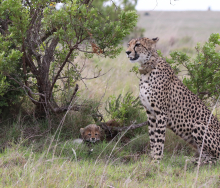Two French ski resorts recently announced that they would not be open for the upcoming winter season, adding to a growing list of Alpine ski resorts falling victim to a decline in reliable snowfall.
Alpe du Grand Serre is the first ski resort of its size in the northern Alps to shut its doors. The decision was made seven years after a diversification project was launched to reduce the resort’s reliance on increasingly unpredictable snowfall, but ultimately, the municipality could not cope financially, according to FranceInfo.
Grand Puy also shut down its operations due to a lack of regular snowfall, which had resulted in a drop in annual visitors.
Snowfall has been declining faster in the southern region of the Alps and, according to a study, ‘Local-scale variability of seasonal mean and extreme values of in situ snow depth and snowfall measurements’, snow is generally arriving later in the winter and melting faster in the spring across the region.
According to geographer Pierre Alaxandre Metral at Grenoble University, 180 ski resorts have been forced to close since the 1970s, reports The Guardian.
But, says Illana Pereira, COO of Tourvest Destination Management Sports and Events, which operates Pure-Travel Ski, that’s not the end of the European ski industry.
The higher altitude resorts are managing to keep their slopes open.
Pereira said it was because higher altitude resorts had more reliable snowfall. The highest altitude resorts are at almost 4 000 metres. The now-closed Alpe du Grand Serre, for comparison’s sake, is at an altitude of 1 368 metres.
Lower-altitude ski resorts have seen a drop in annual visitors, as a result of guest disappointment at the lack of snow. But, said Pereira, demand for ski holidays from the South African market remained strong.
“We see growth in the number of enquiries we receive annually.” This strong demand makes it more important to ensure that ski holidaymakers find resorts where there is still enough snow. These consumers should tap into the knowledge of an expert, said Pereira.
“Many South African guests decide to book directly with resorts and suppliers, thereby cutting out the South African trade and operators. It is essential that, during the enquiry phase, each guest understands the value and benefit of booking through a trusted travel agent and tour operator, as they will get the expertise, knowledge, guidance and support that comes with booking through an experienced channel.”
As global warming continues to affect more ski resorts, both agents and customers would be wise to rely on the expertise of specialists, according to Pereira. She said that, with 35 years of experience, comes an understanding of snowfall patterns and trends, so that recommendations can be made accordingly. “We cannot guarantee snow, but we mitigate this by ensuring we recommend the right resort at the right time.”
Pereira added that, while parts of the Alps were experiencing closures and lacked the snow needed for skiers, there were many locations globally that offered ski holidays, some of which were relatively untapped by the South African market.
“As we work to adapt our offering, we will continue to bring our expertise and capabilities to the South African market. Which is why it is so important to work with trusted partners who have the requisite expertise to operate ski holidays anywhere in the world.”














